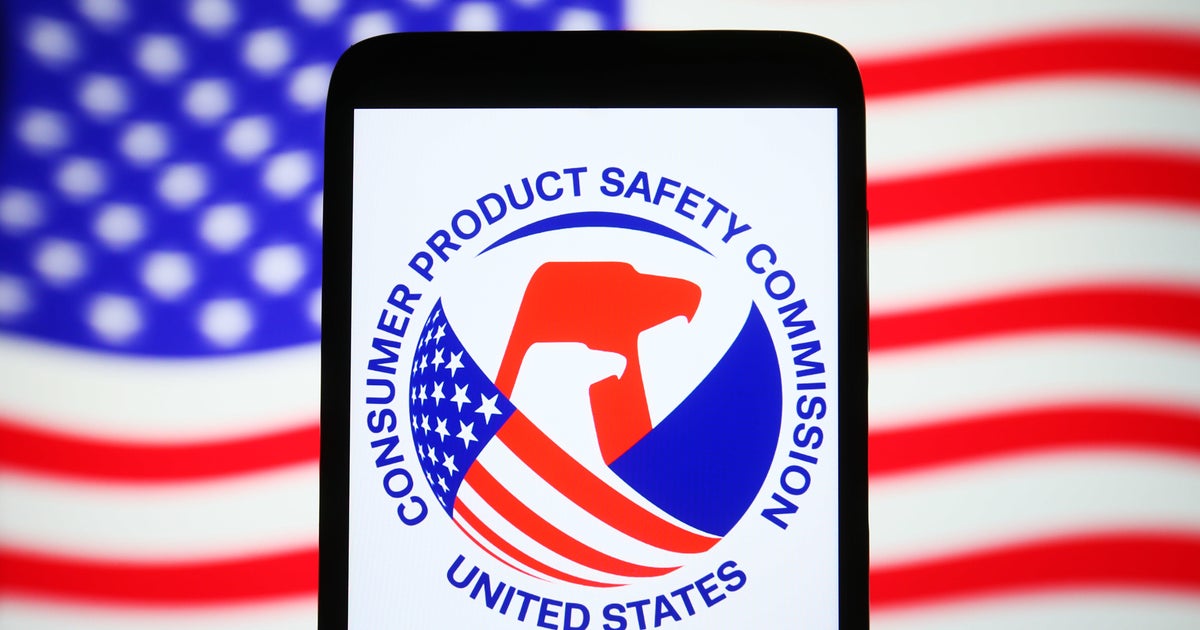
Washington — The Supreme Court on Monday turned away a challenge to the structure of the Consumer Product Safety Commission and a restriction on the president’s ability to remove its five commissioners, leaving in place a lower court ruling that upheld that protection.
The dispute followed the Supreme Court’s 2020 decision invalidating the structure of the Consumer Financial Protection Bureau, which was led by a director who could only be removed by the president for “inefficiency, neglect of duty or malfeasance in office.” The court’s conservative majority ruled that violated the separation of powers, and its director had to be removable by the president at will.
It’s also the latest in a series of cases that have challenged the power of federal agencies, which the Supreme Court has sought to rein in through a string of decisions. The most significant of those rulings came in June, when the conservative majority overturned a 40-year-old decision that said courts must defer to an agency’s reasonable interpretation of an ambiguous law passed by Congress.
This dispute raises separation of powers concerns arising from the president’s ability to remove members of the Consumer Product Safety Commission, or CPSC, an independent government agency that oversees the safety of consumer products from medicines to toys to clothing.
The five-member panel has the power to ban certain products or issue recalls, set safety standards and pursue enforcement proceedings, including civil penalties against companies for violating those standards. Under the federal law establishing the CPSC, commissioners are nominated by the president and confirmed by the Senate to seven-year terms. They can be removed by the president only “for neglect of duty or malfeasance in office.”
The dispute before the Supreme Court began when two advocacy groups sued the CPSC after it denied Freedom of Information Act requests. The organizations claimed that they were subject to FOIA rules administered by an agency that is insulated from the president, and argued that its structure is unconstitutional because commissioners can be removed only for specific causes.
A federal district court sided with the organizations, finding that the commissioners’ removal restriction is unconstitutional. But a panel of three judges on the U.S. Court of Appeals for the 5th Circuit reversed that decision, relying on a New Deal-era Supreme Court decision that upheld restrictions on the president’s power to remove commissioners of independent multi-head agencies.
“We conclude that the Supreme Court’s still-on-the-books precedent supports the commission’s structure,” Judge Don Willett wrote for the divided panel. “If it were otherwise, then the FCC, the NSF, the SBA, and dozens of other agencies would all be unconstitutionally structured. The Supreme Court has not yet directly embraced that conclusion.”
Willett effectively urged the high court to get involved in the dispute, writing that as “middle-management circuit judges,” they must follow binding precedent, even if it “strikes us as out of step with prevailing Supreme Court sentiment.”
The groups appealed that ruling to the Supreme Court, arguing that under the separation of powers, an agency cannot wield substantial executive power while being shielded from the president’s removal authority.
The removal protection for CPSC commissioners has led to an agency that is “entrusted with substantial executive power, but wholly unaccountable to the chief executive whose power it wields,” lawyers for the organizations wrote.
They were represented before the Supreme Court by Don McGahn, who served as White House counsel to former President Donald Trump.
“If allowed to stand, the Fifth Circuit’s decision will further entrench an unaccountable Fourth Branch — one that rules Americans without having to answer to them,” McGahn wrote. “But the Founders did not fight a revolution so that their descendants could live under the dictates of unelected commissioners and tenured bureaucrats.”
The Justice Department urged the Supreme Court to turn away the appeal, arguing in part that the advocacy groups do not have the legal right to sue, a concept known as standing, because they’re not regulated by the CPSC. Solicitor General Elizabeth Prelogar told the court in a filing that allowing the organizations to pursue their case would allow anyone to challenge any removal restriction by claiming an intent to file FOIA requests.
She also argued that Congress has relied on the Supreme Court’s 1935 decision repeatedly when creating multi-member agencies that are led by officers protected from being removed at will. Examples of those agencies include the National Transportation Safety Board, the Commission on Civil Rights and the U.S. Postal Service Board of Governors, according to the Justice Department.
